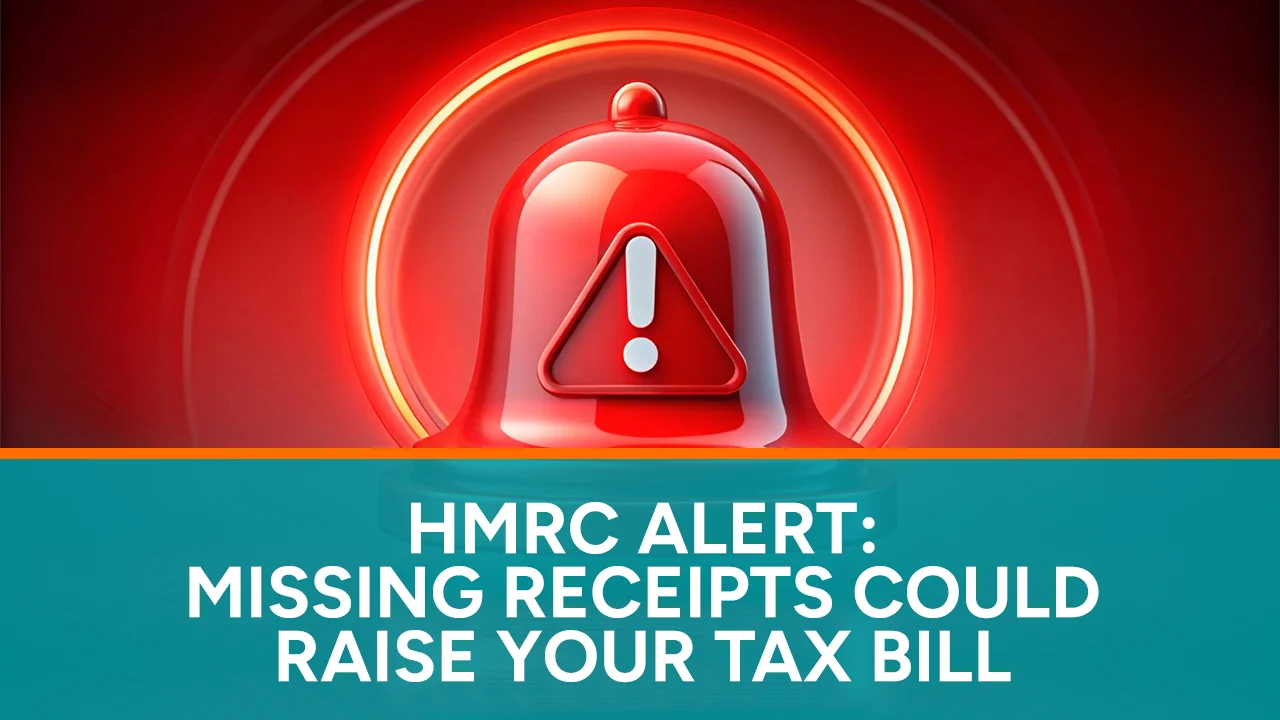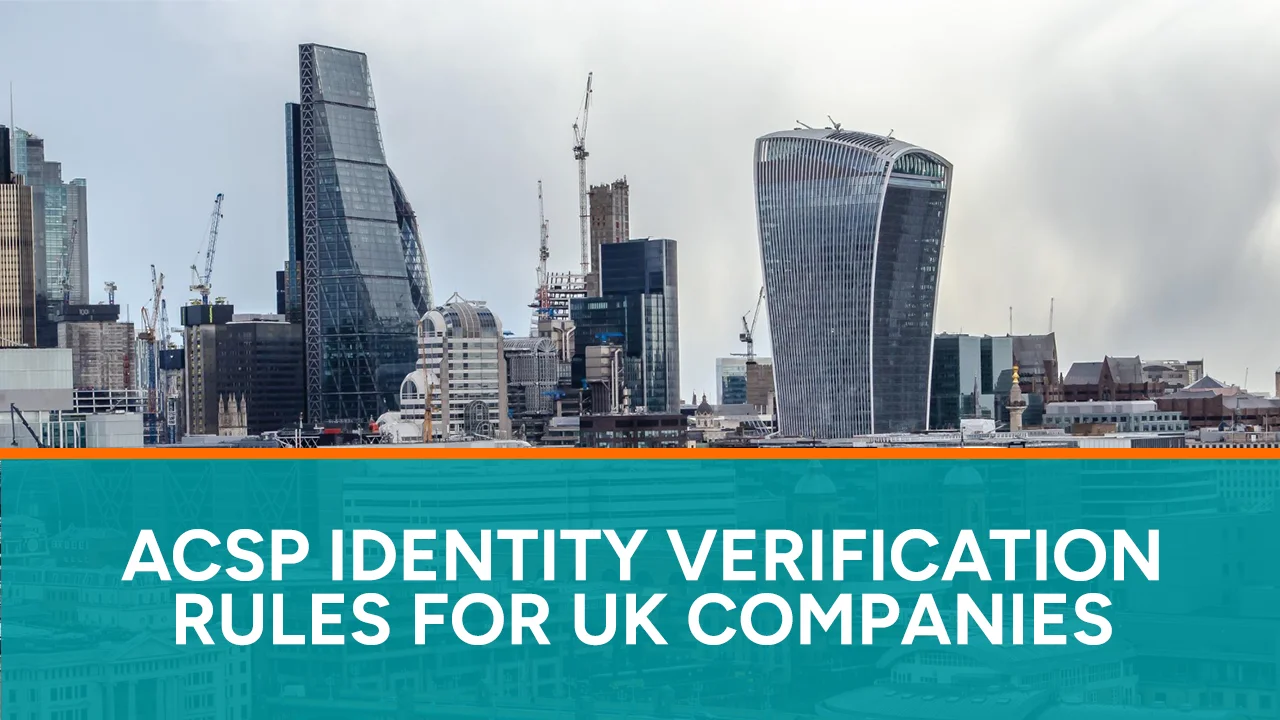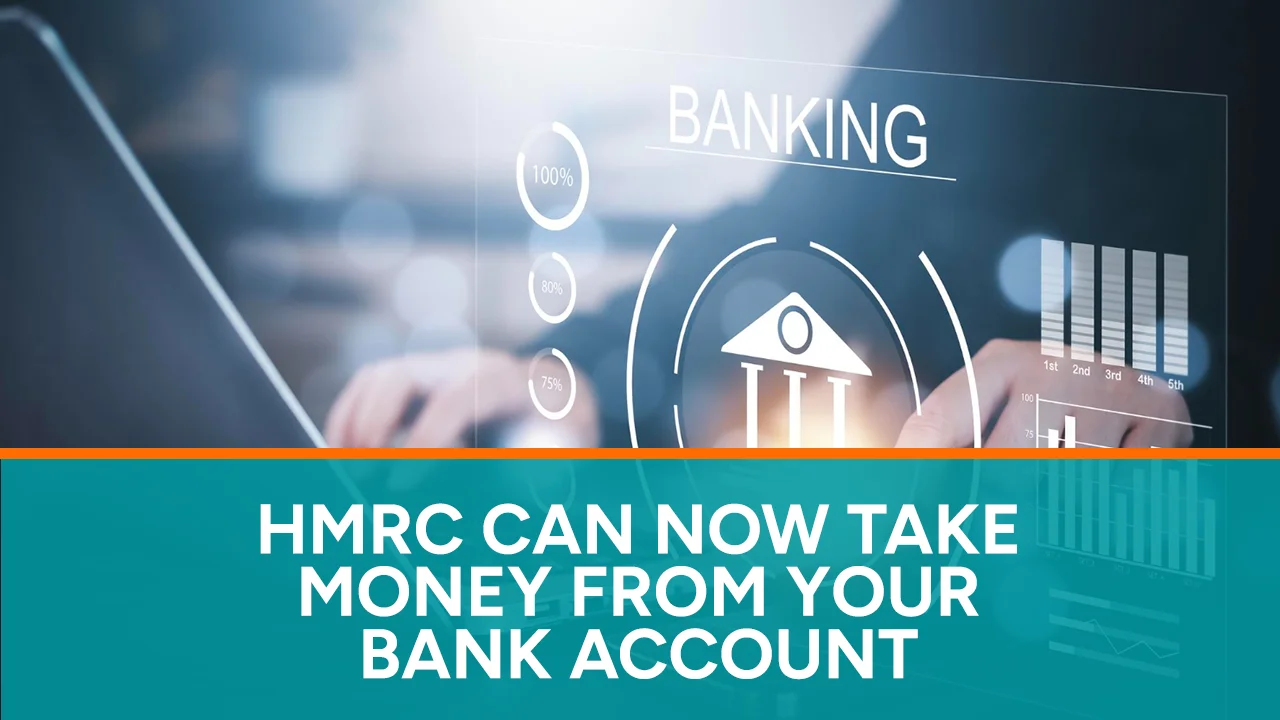If you run a business or work for yourself in the UK, pay attention to the new HMRC warning: missing receipts could cost you a lot in taxes. HM Revenue and Customs (HMRC) reminds you that good record-keeping is crucial for claiming deductions and lowering your tax bill.
Many business owners think that if an expense is real, they can just write it down and deduct it from their income. But that’s not how it works. Without receipts, invoices, or logs, HMRC can reject those expenses. This means you’ll have a higher taxable profit and a bigger tax bill.
Whether you’re an experienced entrepreneur, a side hustler, or a freelancer, this guide explains why receipts are important, what HMRC expects, and how to avoid mistakes that could lead to penalties or denied claims. We’ll also show you how Clarkwell & Co. can help you manage your records with our expert accounting services.
Let’s look at why this issue matters and how to stay safe.
The HMRC Alert: What Triggered the Warning?
Recently, HMRC warned anyone claiming business expenses. This came after many tax returns showed errors and missing documents. They are especially focused on people earning over £50,000, highlighting the need for proper paperwork with expense claims.
Small business accountant Lindie J shared a reminder on social media about the importance of keeping receipts. Her post went viral, saying, “Not keeping receipts is like claiming insurance without proof.” Many UK business owners realised they were risking large tax bills due to disorganisation.
This HMRC alert is not just red tape; it’s important for tax compliance. It helps protect individuals and businesses from unexpected fines. If you haven’t been keeping track of your expenses, now is the time to start.
What HMRC Expects: The Rules You Must Follow
HMRC rules state that you must keep records of your income and expenses. Whether you are a sole trader, in a partnership, or running a limited company, you need to show proof for every number you include in your tax return.
Here are the types of records HMRC requires:
- Proof of sales and income (invoices, bank statements, POS summaries)
- Detailed business expenses (receipts, mileage logs, bills)
- VAT records if you are VAT registered
- PAYE records if you employ anyone
- Personal income declarations
- Documentation for grants received, such as SEISS
Not meeting these expectations may lead to an HMRC investigation, delayed tax refunds, or penalties for mistakes in your reports. Keeping your records thorough and organised allows you to file your taxes confidently each year.
The Risk of Missing Receipts: What Happens?
What happens if you can’t find your receipts when HMRC comes? Simply put, your expense might not be allowed. HMRC requires proof for deductions. If you claimed £5,000 in travel expenses but only have receipts for £2,000, you can only deduct the £2,000.
The issues don’t stop there. Expenses without proof can increase your taxable profit, raising your tax bill. You may also lose trust with HMRC, which could lead to future checks. In the worst case, you might face a full HMRC tax investigation.
Showing proof for business expenses in the UK is essential for responsible self-employment and business ownership. Remember, HMRC can check records from up to 6 years ago. Keeping good records now can protect you later.
Most Commonly Rejected Expenses and Why
When HMRC denies business expense claims, it’s usually for one of the following reasons:
- No supporting documentation, like receipts or invoices
- Personal use mixed with business use, such as claiming your entire phone bill
- Improper categorisation, such as marking entertainment as training
- Mileage claims without logs, odometer readings, or business context
These red flags are common. Many people claim expenses they think are okay, but without proof, HMRC can ask questions and deny them. If you’re wondering, “Can HMRC reject my expenses without receipts?” the answer is yes, and it often happens unexpectedly.
To avoid issues, first learn why HMRC rejects business expenses. Then, make sure to keep detailed records of every transaction.
Digital Receipts: Your New Best Friend
No more shoeboxes full of old receipts! Technology makes it easy to manage your finances. HMRC supports digital record-keeping as long as the information is accurate and easy to access.
Using digital receipts for your business helps prevent losing or misreading important documents. Here are some helpful tools to consider:
- Xero: Automatically syncs with your bank and scans receipts
- QuickBooks: Mobile-friendly and HMRC recognised
- Dext (formerly Receipt Bank): Scans and categorises with AI
- FreeAgent: Ideal for freelancers and contractors
These platforms provide compliance, ease, and fit well with your overall financial plan. If you need help setting one up or using it, a professional accountant like Clarkwell & Co. can assist you.
Practical Tips to Keep Receipts for Business Expenses
Staying compliant is easy. Here are some simple strategies to help you follow HMRC receipt rules:
- Photograph receipts on the spot before they get lost or damaged
- Use accounting apps that let you snap and upload in seconds
- Set up folders by category for easy sorting and retrieval
- Use cloud storage (Google Drive, Dropbox, OneDrive) as a backup
- Review and organise weekly or monthly
If you’re busy, our Bookkeeping Services in London make it easy for you. We help business owners keep accurate records to ensure they never miss a deduction or run into penalties.
HMRC Rules for Self-Employed Expenses: What You Can & Can’t Claim
The rules for self-employed workers are very clear. According to HMRC, every expense must be:
- Wholly and exclusively for business use
- Supported by documentation
- Within the list of allowable expenses
Examples of eligible expenses include:
- Office rent or home office proportion
- Travel and subsistence for business trips
- Advertising and marketing costs
- Software subscriptions and hardware
- Utilities and telephone bills (business-use only)
It can be hard to know what qualifies, especially when work and personal life mix. Our team at Clarkwell & Co. can help clarify any confusion and make sure you stay on track. It can be hard to know what qualifies, especially when work and personal life mix. Our team at Clarkwell & Co. can help clarify any confusion and make sure you stay on track. It can be hard to know what qualifies, especially when work and personal life mix. Our team at Clarkwell & Co. can help clarify any confusion and make sure you stay on track.
What Receipts Do You Need for HMRC Business Expenses?
Always save your receipts. HMRC doesn’t provide a complete list, but a good rule is: if it helps you earn money, it might be deductible. Here’s a general guide on which receipts to keep:
- Equipment and supplies (laptops, paper, ink)
- Office rental or coworking fees
- Software tools and subscriptions
- Business travel (flights, hotels, taxis)
- Working meals with clients
Not sure where to start? Our VAT Return Services in London help you list eligible costs and stay compliant at every step.
What To Do If You’re Audited by HMRC
Getting audited can be stressful, but with the right documents and support, you can manage it. HMRC may ask for your tax records, including receipts, invoices, mileage logs, and bank statements.
First, stay calm and cooperative. Next, contact a professional.
Clarkwell & Co. offers expert HMRC Investigation Services in London. We help you prepare your documents, communicate with HMRC, and make sure your finances hold up under review. With our team on your side, you can have a smoother experience instead of a lengthy investigation.
How to Avoid Higher Tax Bills from HMRC
Nobody wants to pay more tax than necessary. To avoid overpaying, follow these golden rules:
- Keep all receipts, both paper and digital
- Separate your personal and business finances completely
- Perform monthly reconciliations
- Use cloud-based accounting tools
- Work with an experienced accountant who knows your industry
Our Budgeting and Forecasting Services in London help you plan, allocate funds wisely, and make smart decisions. These actions can lower your taxes and help your business grow.
Stay Compliant, Stay Profitable
This HMRC alert about missing receipts is an important reminder for UK business owners. Without proper documentation, you could lose tax deductions and threaten your financial stability.
The answer? Improved systems, better tools, and professional help.
Clarkwell & Co. Chartered Certified Accountants can help you keep records, lower your taxes, and stay compliant all year. We offer support in bookkeeping, VAT, and HMRC investigations. We’re your reliable financial partner in London.
Don’t miss out on money. Organise your receipts, know your responsibilities, and seek expert advice to protect your profits.






